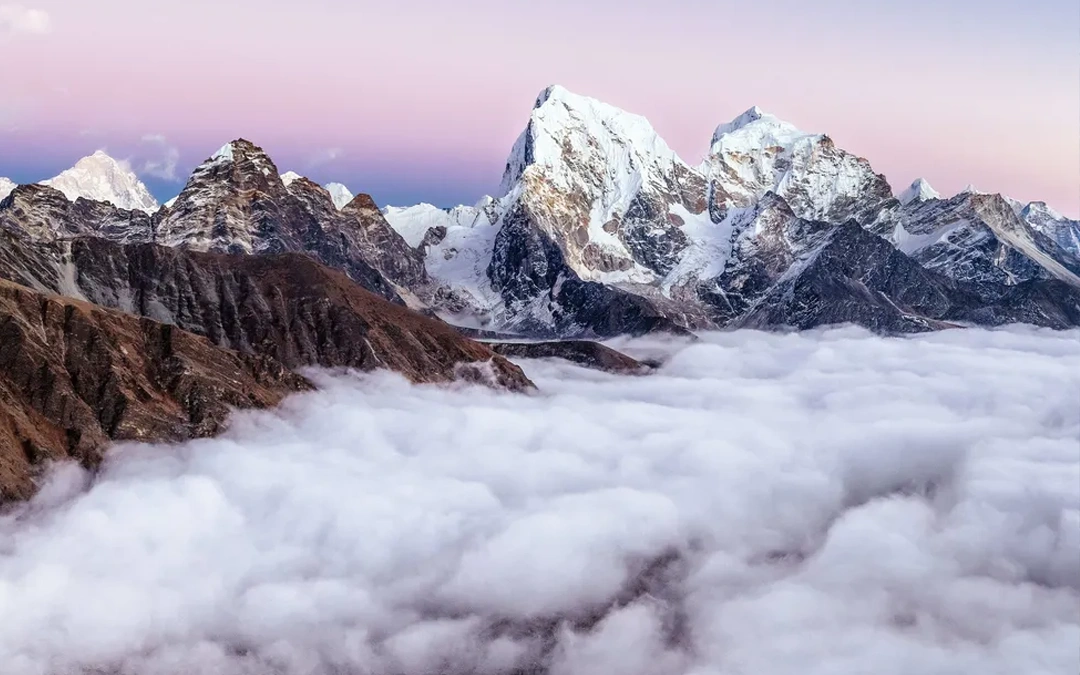Kathmandu, Nepal – The Sagarmatha Sambaad, Nepal’s flagship global dialogue platform, hosted its second edition in May 2025, bringing the world’s attention to the fragile state of the Hindukush-Himalaya (HKH) region. Named after Sagarmatha (Mount Everest), the event focused on “Climate Change, Mountains, and the Future of Humanity” — a theme of growing urgency as the Himalayas face rapid glacial melt, biodiversity loss, and ecosystem disruption.
The summit saw the participation of ministers, scientists, environmentalists, and global thought leaders from over 30 countries. Discussions centered on the vulnerability of mountain communities, the shrinking of glaciers, water security, and the need for collaborative regional climate action across South Asia.
India’s Union Environment Minister Bhupender Yadav, in his address, emphasized India’s long-standing commitment to responsible environmental stewardship:
“India is deeply committed to contributing to climate action with the urgency it demands, despite its minimal role in the climate crisis.”
He further criticized the unequal global response to the climate crisis, stating:
“The global carbon budget is rapidly being depleted with developed nations continuing to disproportionately grab the meagre remaining share.”
His remarks reflected India’s growing demand for climate justice, urging developed nations to not only reduce emissions more aggressively but also support developing countries through finance and technology transfer.
Why the HKH Region Matters
The Hindukush-Himalaya is home to the world’s third-largest deposit of ice and snow, often called the Third Pole. It supplies freshwater to nearly two billion people across South Asia, feeding rivers like the Ganges, Brahmaputra, and Indus. However, studies show that up to two-thirds of the glaciers in this region could melt by the end of the century if global temperatures are not contained below 1.5°C.
The Road Ahead
The Sagarmatha Sambaad concluded with calls for enhanced regional cooperation, urgent emission cuts, sustainable mountain development, and greater international support for the countries of the HKH region. Nepal’s Prime Minister also stressed the need to integrate indigenous knowledge and community-driven solutions into future policies.
With India, Nepal, Bhutan, and other regional players voicing a united concern, this summit may become a milestone in charting a shared Himalayan climate strategy — one that balances ecology, equity, and economy.
Discover more empowering stories and insightful content like this on YOUxTalks, your go-to destination for inspiration and knowledge.
Follow YOUxTalks on Instagram: https://www.instagram.com/youxtalks











